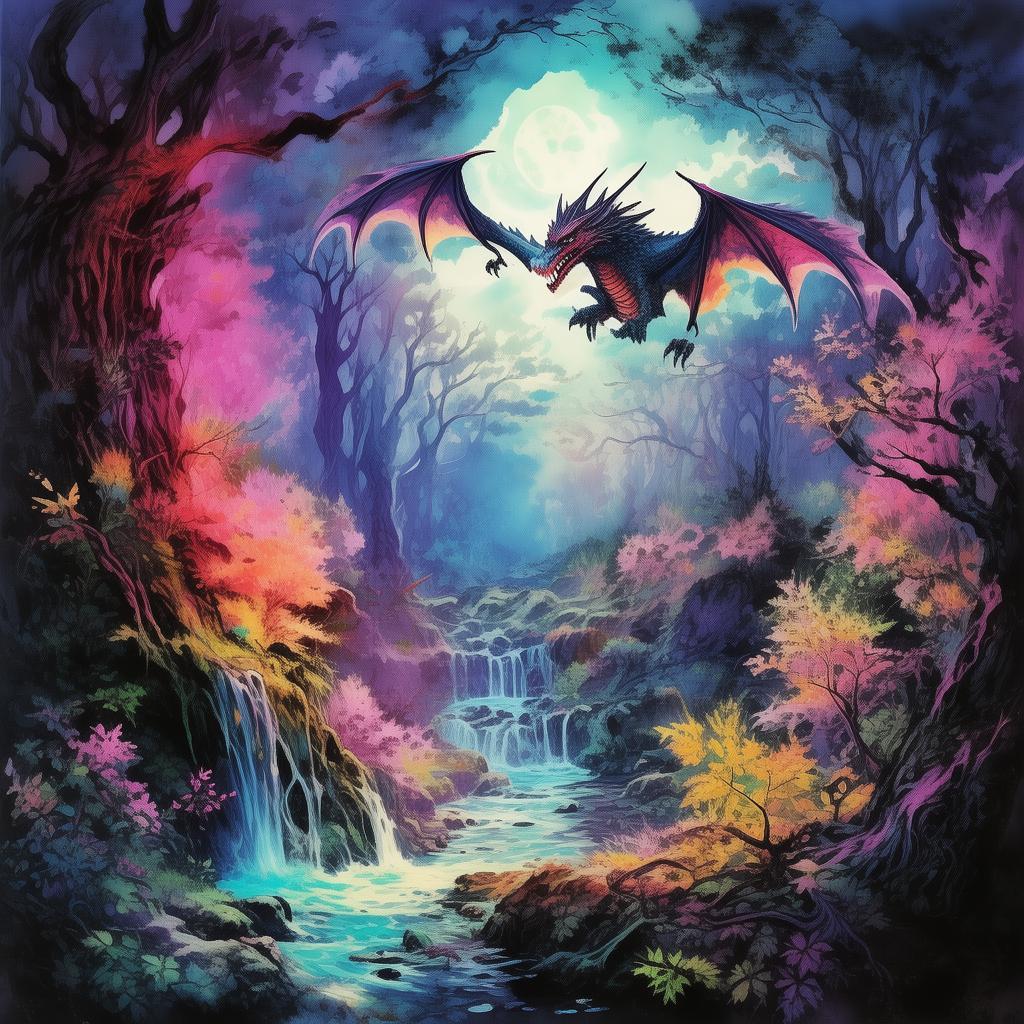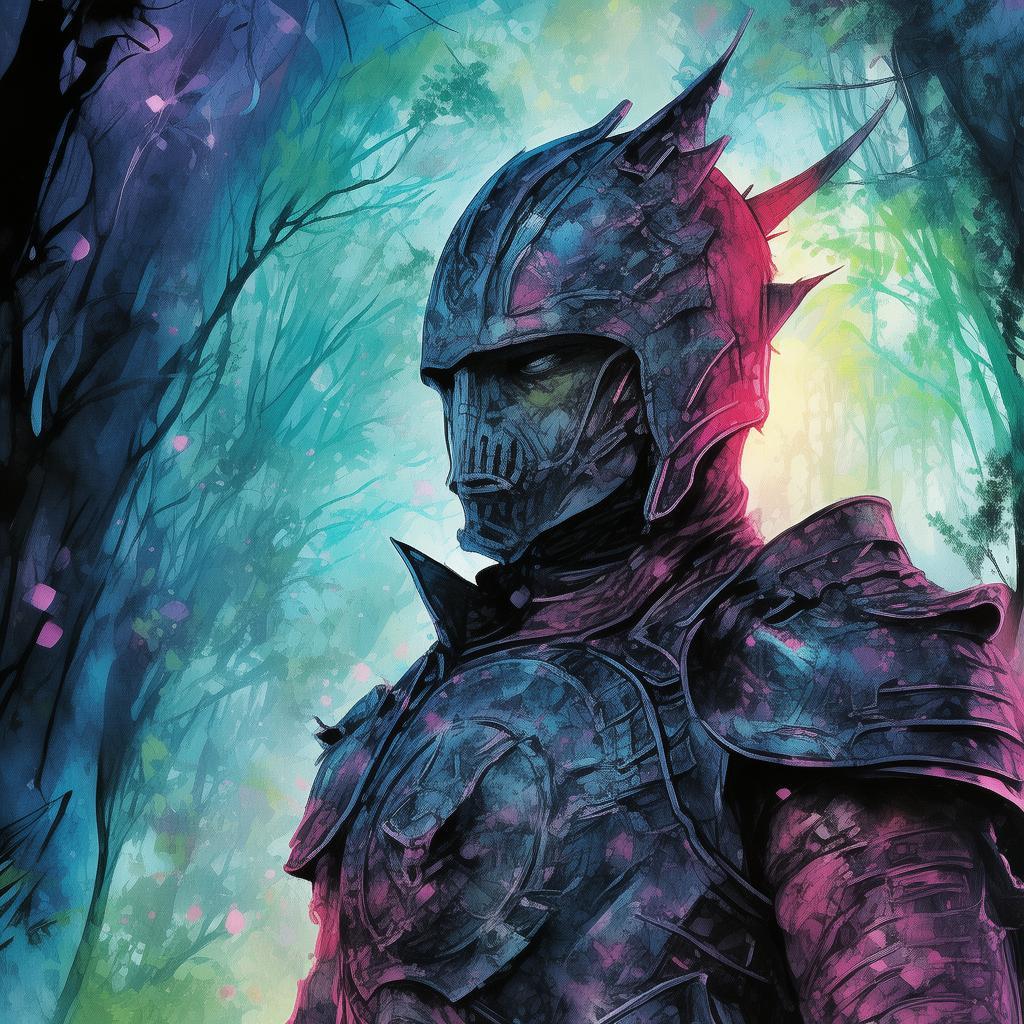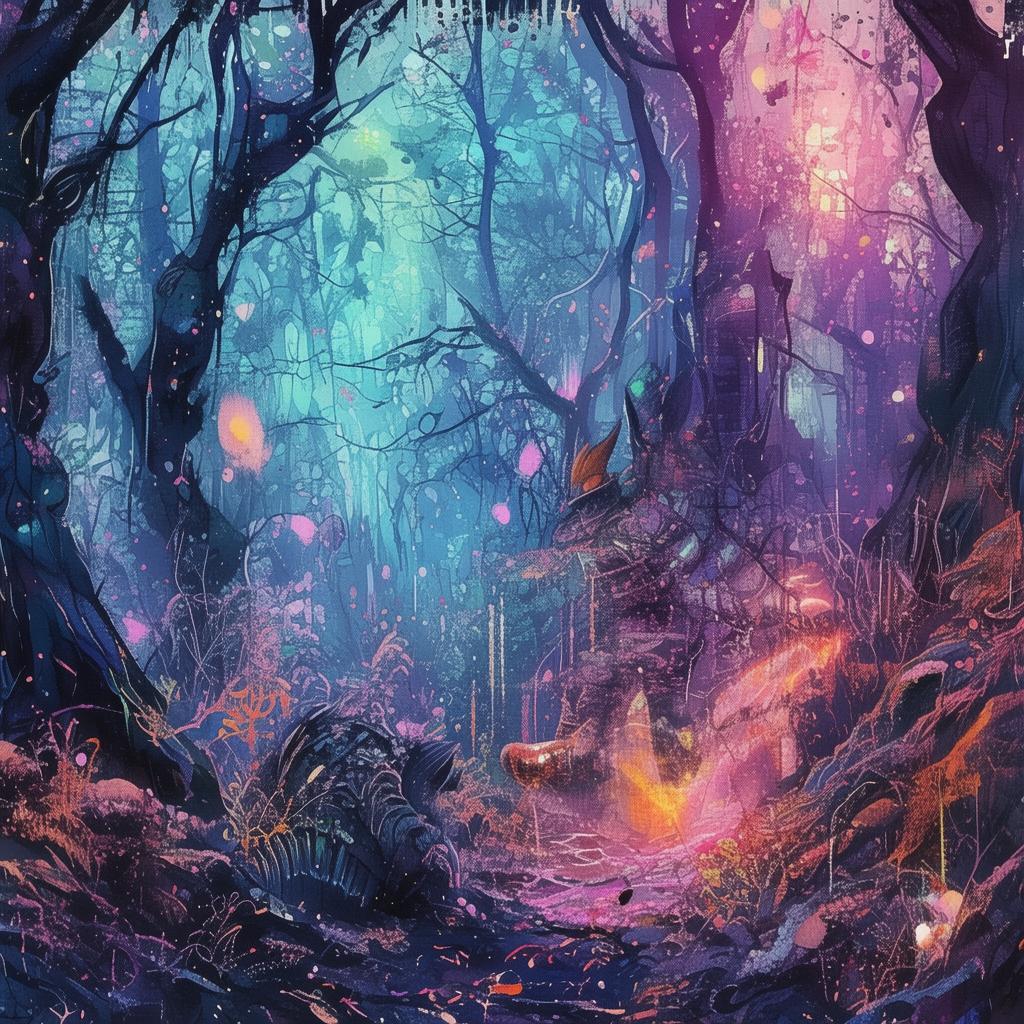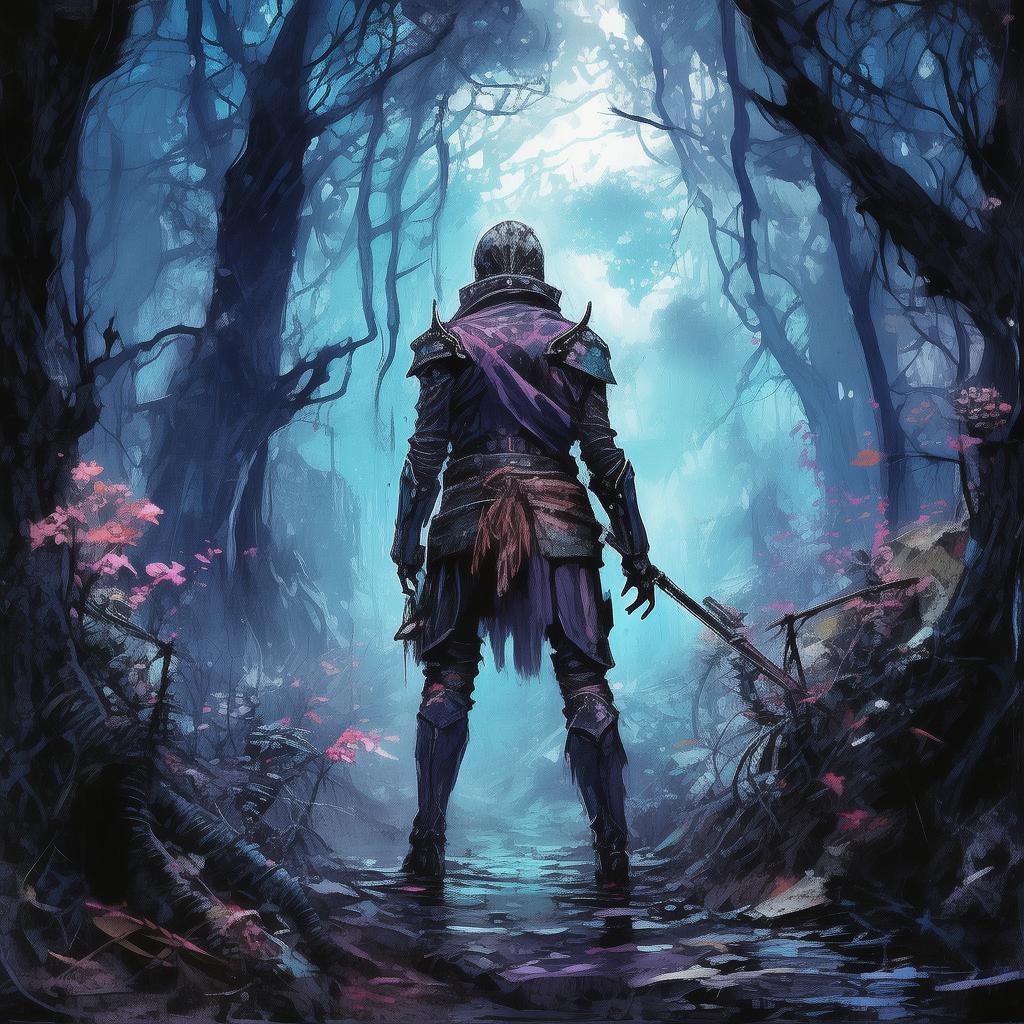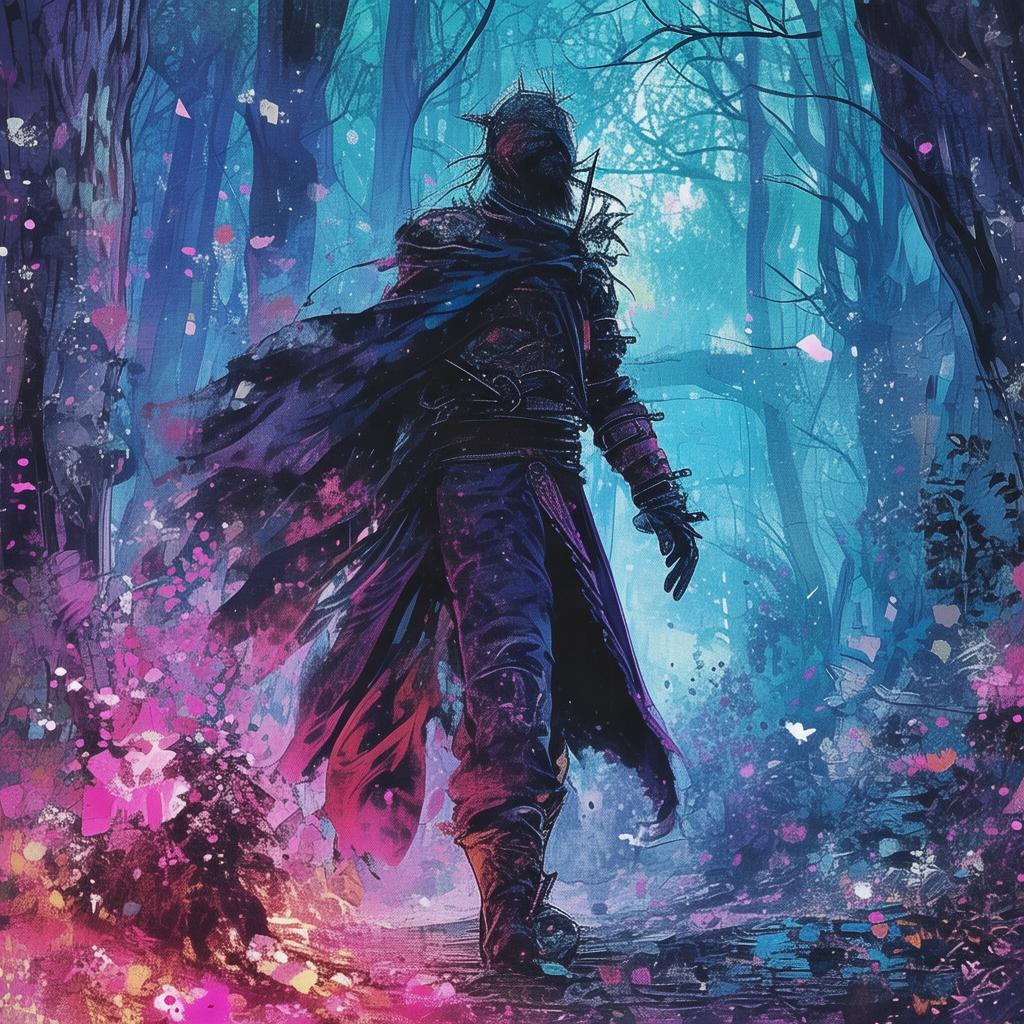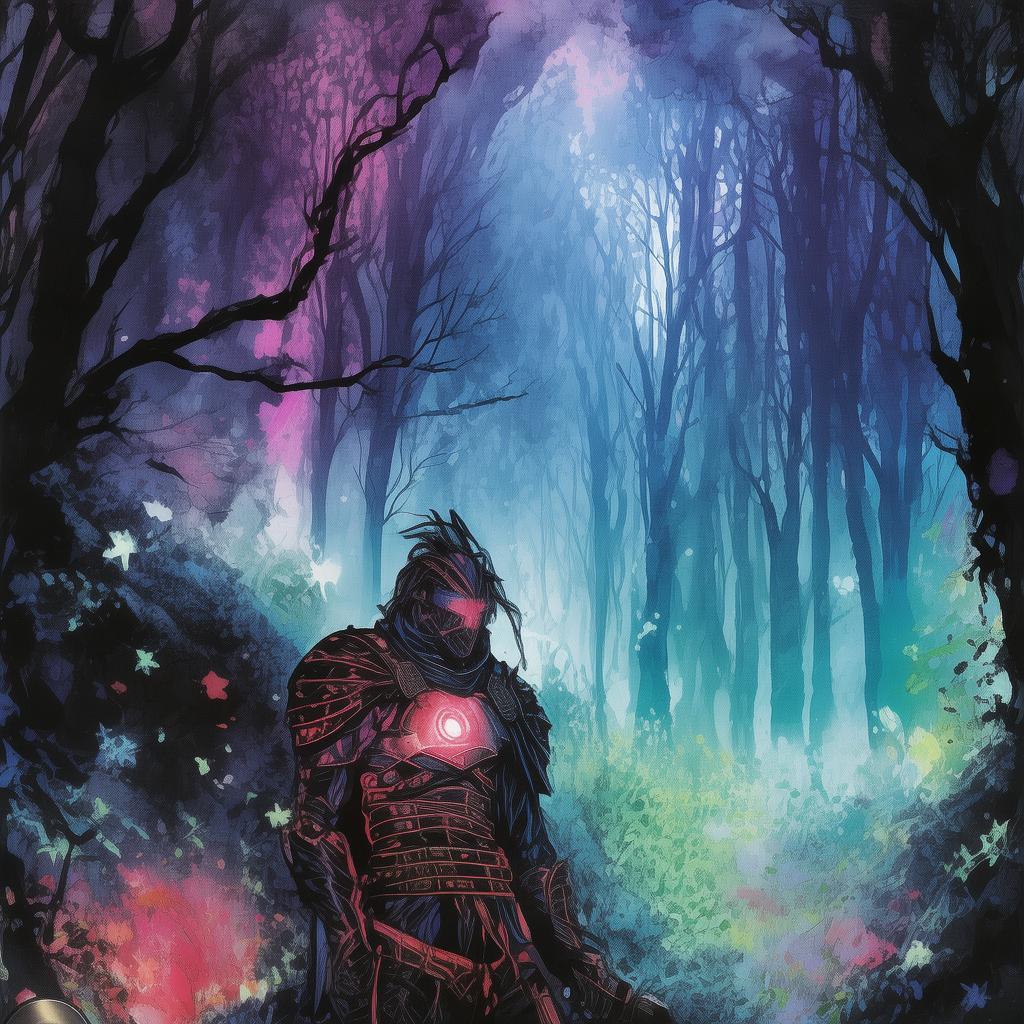The Last Symphony of the Damned
The evening was shrouded in the silence of anticipation, a hush that settled over the grand concert hall. The air was thick with the scent of polished wood and the faint whisper of excited murmurs as the audience settled into their seats. The spotlight found its mark, casting a warm glow on the solitary figure standing at the piano.
He was an enigma, a pianist known only by the name of Orpheus, his name whispered in hushed tones among the patrons. His previous performances had been the stuff of legend, each one a masterful display of the piano’s soul-stirring power, but tonight’s concert was to be his swan song, a final performance that would echo through the ages as The Last Symphony of the Damned.
As Orpheus’s fingers danced across the keys, the music was a symphony of despair, a requiem for the untold stories of those who had perished in silence. The opening bars were haunting, a crescendo of sorrow that seemed to pierce the very fabric of the hall. The audience, captivated, found themselves enveloped in the music’s eerie beauty.
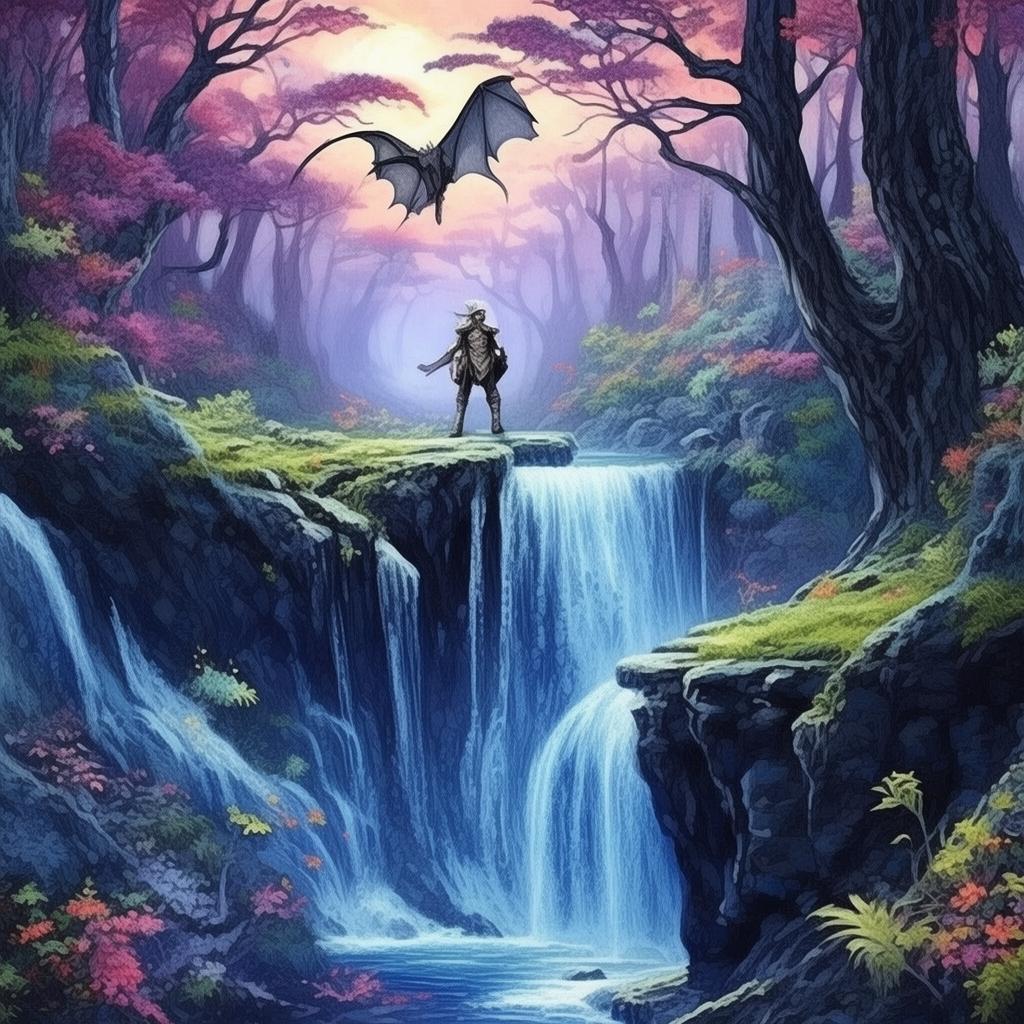
The story of the pianist’s life was a tapestry of tragedy, a thread woven from the hearts of those he had loved and lost. His mother, a brilliant musician herself, had died in a fire when Orpheus was just a child. His wife, a renowned soprano, had succumbed to an illness just as their son was born. The weight of their deaths bore heavily on him, and it was through his music that he sought to honor their memories.
As the first movement of The Last Symphony of the Damned reached its climax, the air grew thick with a sense of dread. The second movement, a lullaby for the lost, was sung by a guest soprano, her voice soaring through the hall like a spirit yearning for release. The audience was spellbound, their eyes fixed on the pianist, whose fingers seemed to command the very air around them.
But as the final movement began, a shiver ran down the spines of those present. The music grew more intense, more frantic, the crescendos louder, the fallouts more abrupt. The audience, gripped by the power of the music, felt a strange connection to the pianist, as if they were part of the story he was telling.
The climax came with a shock. The lights flickered, casting eerie shadows on the faces of the audience. Orpheus’s eyes were closed, his fingers moving with a life of their own as the music reached its final, desperate note. Then, as quickly as it had begun, the performance ended.
The audience erupted into applause, their cheers echoing off the walls. Orpheus, the master of the piano, took a bow, the spotlight shining brightly on his face. He smiled, a ghost of a smile, and then, without a word, he turned and left the stage.
As the concertgoers filed out of the hall, they couldn’t shake the feeling that something was amiss. The next day, the news spread like wildfire. The pianist, Orpheus, had been found dead in his apartment, a suicide note found among his belongings. The note spoke of his guilt over the deaths of his loved ones and his belief that the music he played was cursed.
The story of Orpheus and The Last Symphony of the Damned became the stuff of urban legend, a tale of tragedy and redemption that would be told for generations. The concert hall, now known as the Damned Symphony Hall, was said to be haunted by the spirits of the audience who had perished that fateful night.
And so, the legend of Orpheus and his final performance would never be forgotten, the haunting melody of The Last Symphony of the Damned a testament to the power of music and the eternal dance between life and death.
✨ Original Statement ✨
All articles published on this website (including but not limited to text, images, videos, and other content) are original or authorized for reposting and are protected by relevant laws. Without the explicit written permission of this website, no individual or organization may copy, modify, repost, or use the content for commercial purposes.
If you need to quote or cooperate, please contact this site for authorization. We reserve the right to pursue legal responsibility for any unauthorized use.
Hereby declared.
